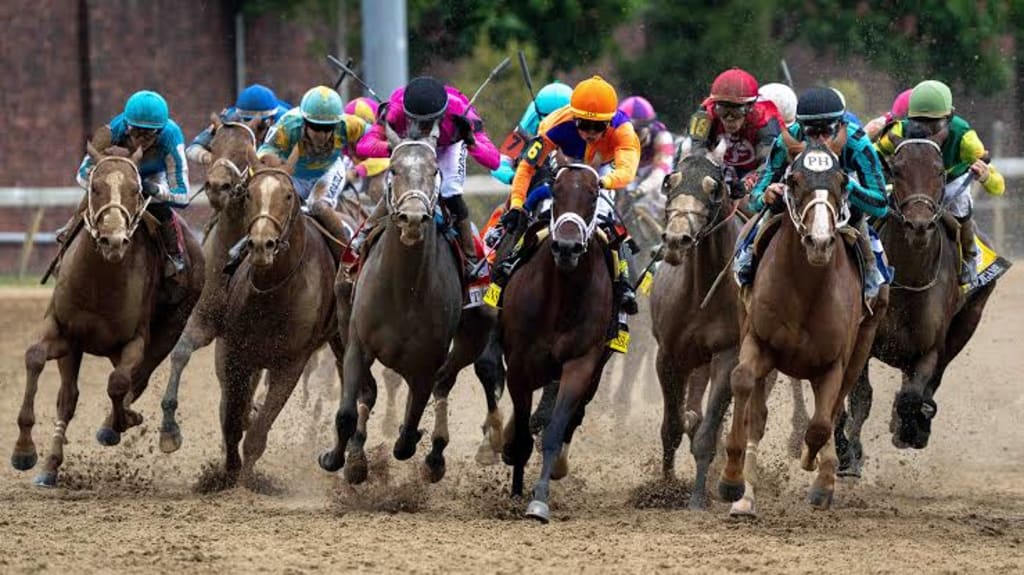
In recent news, a protester involved in the Derby demonstrations may face legal action or potential imprisonment for contempt of court. The individual's actions during the protests have allegedly violated legal protocols and court orders, leading to serious consequences.
Contempt of court refers to behavior that disobeys or undermines the authority or integrity of the court. It is considered a serious offense that can lead to penalties, including fines, imprisonment, or other legal consequences. In this case, the protester's actions are being examined for potential contempt charges due to their alleged disregard for court orders and legal procedures.
Protesters play a crucial role in expressing their views and advocating for change. However, it is important to remember that there are legal limitations and regulations that must be respected during demonstrations. Courts issue specific orders to maintain public order, ensure safety, and protect the rights of all individuals involved.
When protesters violate these court orders, they risk being held in contempt. This can include actions such as disobeying police instructions, disrupting legal proceedings, or engaging in behavior that interferes with the administration of justice. The purpose of contempt of court charges is to uphold the authority and fairness of the legal system.
Contempt of court cases are typically handled on an individual basis, with the court assessing the evidence and determining the appropriate penalties. The potential consequences for contempt can range from fines to imprisonment, depending on the severity of the offense and the jurisdiction in which the case is being heard.
In the Derby protester's case, the exact details of their alleged actions and the subsequent legal proceedings have not been provided in the query. The specific nature of the contempt charges, the evidence presented, and the court's evaluation will play a significant role in determining the outcome of the case.
It is important to note that the right to protest and express dissent is protected by law in many democratic societies. However, these rights are not absolute and must be exercised within the boundaries of the law. When individuals cross those boundaries, they may face legal consequences.
In situations where individuals are charged with contempt of court, they have the right to legal representation and a fair trial. They can present their defense and provide any evidence that supports their case. The court will evaluate the arguments and evidence presented before making a final decision on the penalties, if any.
It is crucial for individuals engaging in protests to familiarize themselves with the legal regulations and restrictions in place. This includes understanding the boundaries set by court orders and respecting the authority of the judiciary. By doing so, protesters can ensure that their messages are effectively communicated while also staying within the confines of the law.
In conclusion, the protester involved in the Derby demonstrations may face potential legal action or imprisonment for contempt of court. Contempt charges arise when individuals violate court orders or engage in behavior that undermines the authority of the court. The exact nature of the charges, evidence presented, and subsequent legal proceedings will determine the outcome of the case. It is important for protesters to exercise their rights responsibly and within the boundaries of the law to ensure a fair and peaceful
Derby could potentially face legal action or imprisonment for contempt of court. Contempt of court refers to any behavior that disrespects or obstructs the administration of justice. This offense undermines the authority of the court and can have serious consequences.
The incident in took pl ce during a highly sensitive trial in Derby. The trial was being held to determine the guilt or innocence of individuals involved in a significant criminal case. It is essential for the judicial process to proceed without interference or disruption, ensuring fair and impartial proceedings.
During the trial, the protester engaged in actions that could be interpreted as contempt of court. Contempt can take various forms, such as interrupting proceedings, refusing to comply with court orders, or conducting oneself in a manner that is disrespectful or disruptive. These actions can interfere with the administration of justice and compromise the integrity .





Comments
There are no comments for this story
Be the first to respond and start the conversation.